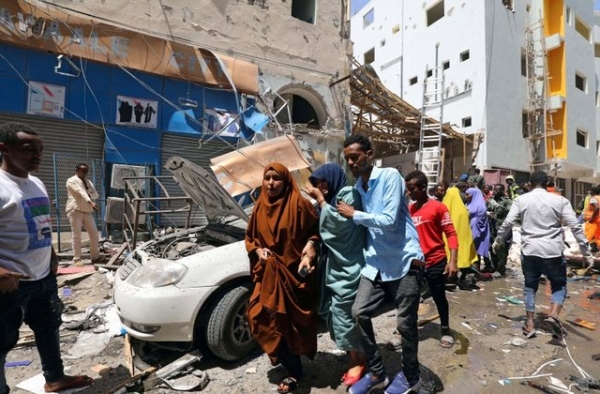The United States (U.S.) is reportedly planning to withdraw as many as 650 to 800 U.S troops conducting air strikes as part of the U.S. Africa Command (AFRICOM) in Somalia.
According to Airwars, a UK-based company that monitors civilian harm from airpower-dominated international military actions, there have been 47 airstrikes in Somalia this year alone – a new record. Moreover, in the first three years of the Trump presidency, there have been nearly 150 airstrikes. Since 2019, Amnesty International have investigated nine of these air strikes which were found to have killed 21 civilians and injured 11. In some cases, it was found that the air strikes directly targeted civilians. During this time, AFRICOM has admitted to killing five civilians and injuring six others in three separate air strikes. However, none of the victims or their families have been compensated by AFRICOM or the Somalian government.
AFRICOM has publicly stated its main goal as to bring stability, economic development, and enhanced governance to the country. Yet, its air strikes have “shattered” key elements of Somalia’s already fragile civil society and economy that would be needed to achieve such progress. The airstrikes have killed and injured doctors, farmers, and businessmen, as well as created new waves of internally displaced persons (IDPs) according to Amnesty International.
In August 2020, AFRICOM established an improved civilian casualty reporting system which also aims to publish more “transparent reporting on the impact of its operations.” However, the system has been heavily criticised. According to Just Security, an online news forum on U.S. national security law and policy, the system is poorly translated and hard to navigate for Somali citizens who do not speak English. Moreover, it is inaccessible for civilians who do not have lack of access to internet or digital devices i.e. this being most Somali civilians who live in remote areas where most U.S. air strikes occur.
Amnesty has called for AFRICOM to own up to the full scale of casualties caused, to ensure reparations for victims and their families, and to implement a strategy to ensure accountability towards U.S. military actions in Somalia.
To know more, please visit:
Author: Catherine Gregoire







